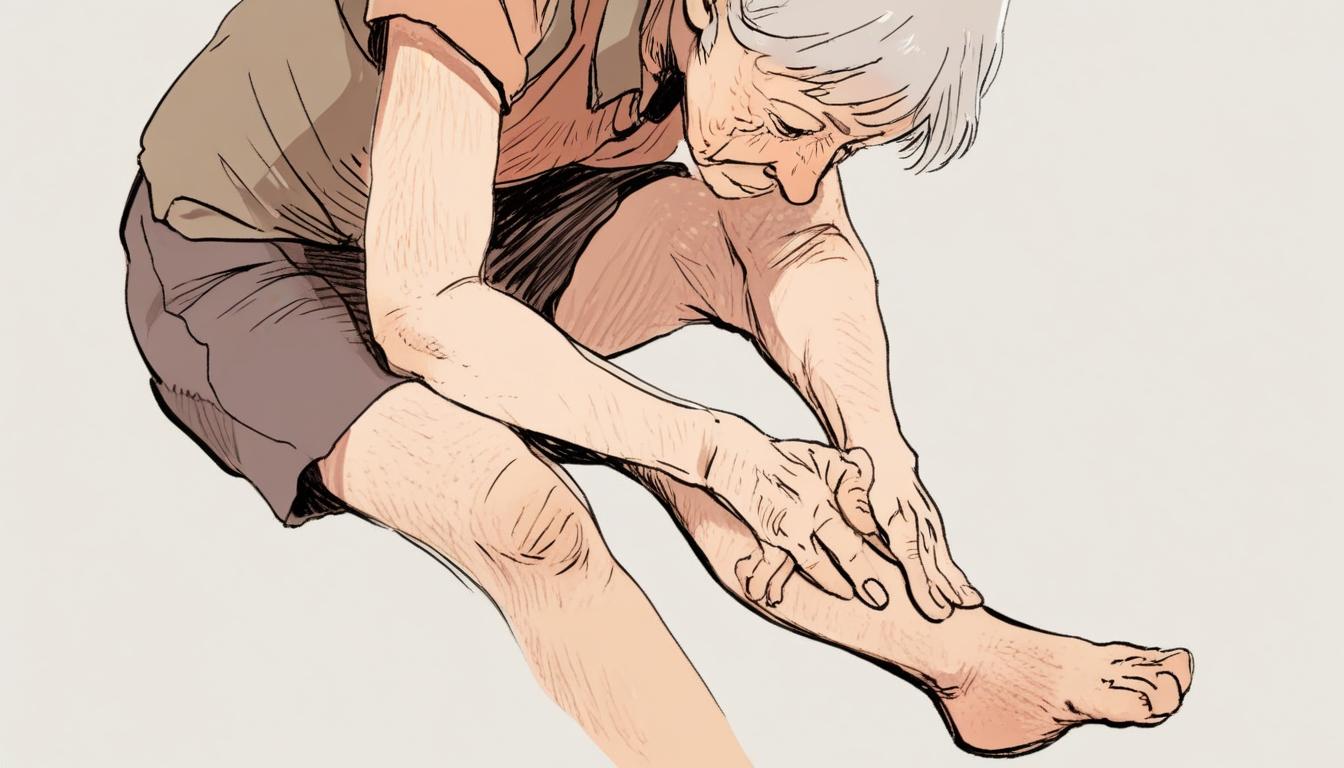Arthritis is a widespread health condition that affects millions of individuals across the United Kingdom, predominantly in the form of osteoarthritis, which usually develops in adults aged over 40. This condition is characterised by pain and inflammation in the body’s joints, and it primarily impacts the smooth cartilage linings, making movement increasingly difficult. While osteoarthritis is more common in women, it can manifest at any age, often following an injury.
Another prevalent form of arthritis is rheumatoid arthritis, which typically begins between the ages of 30 and 50. This type is caused by the body’s immune system mistakenly attacking the affected joints, resulting in pain and swelling.
A common belief held by many is that cracking one's back can lead to the development of arthritis. However, Dr Gareth Nye, a lecturer in biomedical science at the University of Salford, has dispelled this myth. Speaking to Get Surrey, he explained that the sound produced when cracking joints stems from bubbles of gas popping in the joint fluid, a phenomenon that occurs with normal movement and is not indicative of future health problems. He clarified that there is no correlation between the act of cracking joints and the onset of arthritis, although he noted that joint overuse is indeed linked to the condition.
Dr Nye cautioned against the regular cracking of the back, emphasising that it could lead to significant complications such as pinched nerves, muscle injuries, and blood vessel damage if done excessively or forcefully. He stated, "Cracking the back specifically is something no one should be doing regularly."
David W Flatt, an orthopaedic chiropractor at Northwestern Medicine, reinforced these concerns, highlighting that self-adjusting the back could result in various injuries ranging from a pinched nerve and joint inflammation to more severe issues like a herniated disc or blood vessel injury. He advised, "If your back feels tight or is painful regularly, you should seek medical care. Knowing the cause of your pain or tightness is important for getting treatment that is right for you."
As for identifying arthritis, Dr Nye noted some early signs which include persistent joint pain and stiffness, particularly after periods of rest. Additionally, individuals may notice a grinding sound during joint movement. He emphasised that if these symptoms interfere with daily activities or mobility, it is advisable to seek medical assistance for appropriate evaluation and care.
Source: Noah Wire Services
